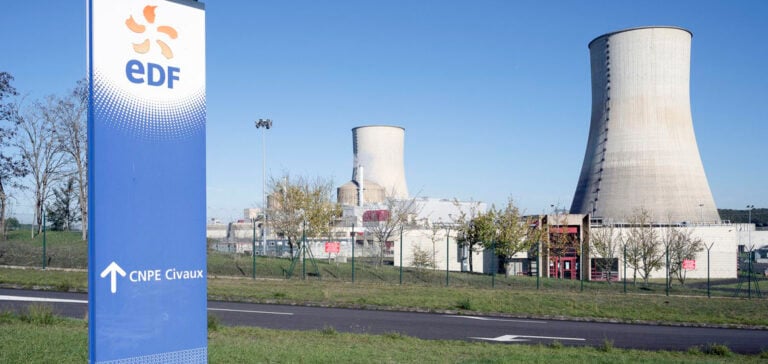A plan to decarbonize electricity generation is underway across all EDF island territories by 2033. This initiative aims to significantly reduce the carbon footprint of the company’s energy production, while promoting the use ofrenewable energies. In this article, we take a closer look at EDF’s “Emerald” project, its implications for the islands concerned, and the technological innovations underpinning this major transition to cleaner energy.
Objective 2033: Decarbonization as a priority
The subtitle of this article reflects EDF’s central objective of achieving total decarbonization of electricity generation in its island territories by 2033. This ambitious initiative covers La Réunion, Martinique, Guadeloupe, Saint-Martin and Saint-Barthélémy, French Guiana, Corsica, Saint-Pierre et Miquelon and the Ponant islands.
At a recent press conference, Antoine Jourdain, Director of EDF SEI (Island Energy Systems), stressed, “By 2033, all these islands will be 100% renewable or almost 100% renewable.” This change marks a significant transition towards cleaner, more sustainable energy sources.
Towards Complete Conversion: The Technology Behind the Project
To achieve this goal, EDF is turning to liquid biomass made from rapeseed oil. Frédéric Maillard, CEO of EDF PEI (Production électrique insulaire), explains: “We’ve opted for liquid biomass made from rapeseed oil, thus ruling out any production based on soy or palm oil.”
The conversion process has already begun, with the Port-Est plant on La Réunion leading the way. The plant, which supplies 40% of the island’s annual electricity consumption, is currently completing its conversion to liquid biomass, thanks to a supply contract with Saipol, a subsidiary of the Avril Group.
Environmental implications
In addition to the benefits in terms of reducing CO2 emissions, this initiative also aims to improve air quality in these territories by eliminating sulfur emissions and significantly reducing dust emissions.
EDF’s “Emerald” project represents a major commitment to energy transition and the decarbonization of electricity generation. With a clear vision for 2033, EDF is leading the way towards a cleaner, more sustainable future for the islands under its responsibility.






















